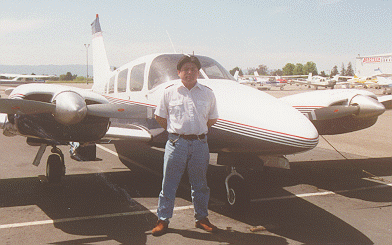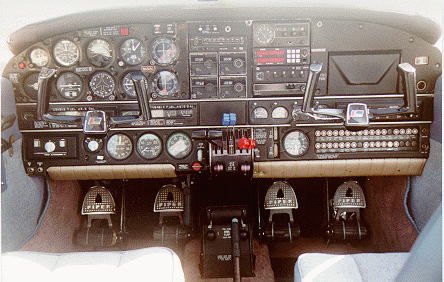
On this page, I would like to introduce you my hobbies. These are fun to play, some cost some money, some don't. If you want to join me, I am grad to help you!
One of hobbies I enjoy is ham radio. You need to take a test and get a license to be a ham radio operator. The test is easy, since all of the question is shown in a textbook. You get a textbook, read through, and take a test. That is it. Easy, right? Test fee is about $6.00. In bay area, Sunnyvale VEC is conducting tests, and tests are held every weekend (somewhere in bayarea)
Some of you who knows a little bit about ham radio might ask me, "Don't I need to learn Morse code?" The answer is yes and no... There are five classes for ham radio licenses; Novice, Technician, General, Advance, and Extra. Basically, you need to learn Morse code, or CW. Fortunatelly, there is one way to avoid that. No-code technician class. (I think it have gotten another nema, but I forgot it) You don't need to take CW test if you just want to obtain no-code tech. class. Good news,right? But there is one bad news. You can not transmit on short wave bands!! No-code technician class operator can transmit only on 50Mhz and up, and cannot communicate by using morse code. You also cannot transmit on 146Mhz band which is popular.
You need to pass two tests to obtain tech.class. Written parts for novice and technician classes. If you study one hour, everyday, it takes just one or two weeks. If you are science oriented student, it takes just several days to study. Each test consists of two things, law and engineering. The questions are straight forward, so learning would be easy.
If you want to be on HF(shortwave bands) so that you can talk to someone in the world, you have to obtain at least novice class. You need to learn morse code, but it doesn't take long time to learn. 15 minutes of study for one week. That is usually enough for novice test. You need to copy 5WPM(word per minutes) morse code. Only 25characters per minutes!! you have 2.4seconds to think!! Once you've got novice class, you can be on HF with some restrictions, such as power and frequencies.
Most people seems to start with no-code technician class recently. Get a no-code first and take CW next. That might be a good idea.... But I recomend you take written part and CW test at the same time. First reason is you can save $6.00 (^^;). If you really want to save money, you can take all of test at the same time(may no one would want to do it...) Second reason is that sooner you start, the better result you can get for CW. In addition, you can enjoy more if you can be on HF since VHF wavve can travel very short distance compare to HF wave.
There are many ways to enjoy the world of ham radia; communicate with someone on the other side of the Earth by using HF transceiver, communicate with someone with CW, phone, slow scan TV, FAX, TV, radio teletype, packet radio, tcp/ip...etc. You can transmit as low as 1.8Mhz upto frequency of light!!!


Flying an airplane is fun! It costs some money, but I think it is worth it. I started learning how to fly in March 1992, and I have logged about 300 hours of flight time. Getting a certificate is not so easy, but reward you can get is big.
If you love getting any kind of license, airman certificate is a nice try. It takes about 60-80 hours of flying time, a bunch of reading about aerodynamices, FAR (federal aviation rules) weather, meteorology, etc... Since you have to study a lot, it takes about 3-4month if you are full time student, and one year if you fly only several times a week.

Maybe I shouldn't talk about the money you have to spend, but I will. Airplenes are for lent hourly basis, and costs about $40 to $50 for two-seaters, such as Cessna 150, 152 etc. If you preffer bigger airplane, you have to pay $50-$60 for Cessna 172, Piper Cherokee etc, $100 or more for bigger/faster airplane such as Bonanza. You have to pay $20-25 per an hour for flight instruction. You have to pay about $3000-4000 to obtain private airman certificate. (about 50% Dual, 50% Solo. flight)